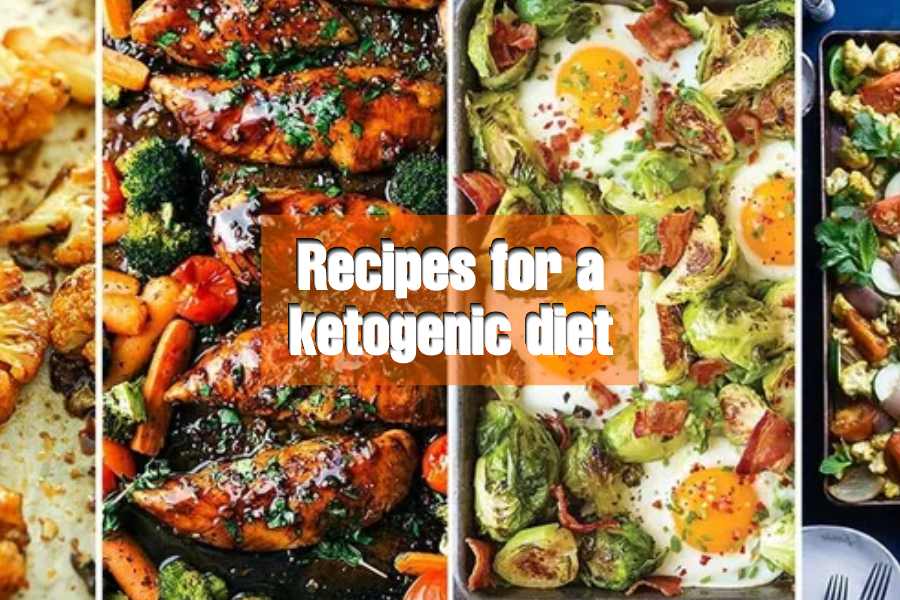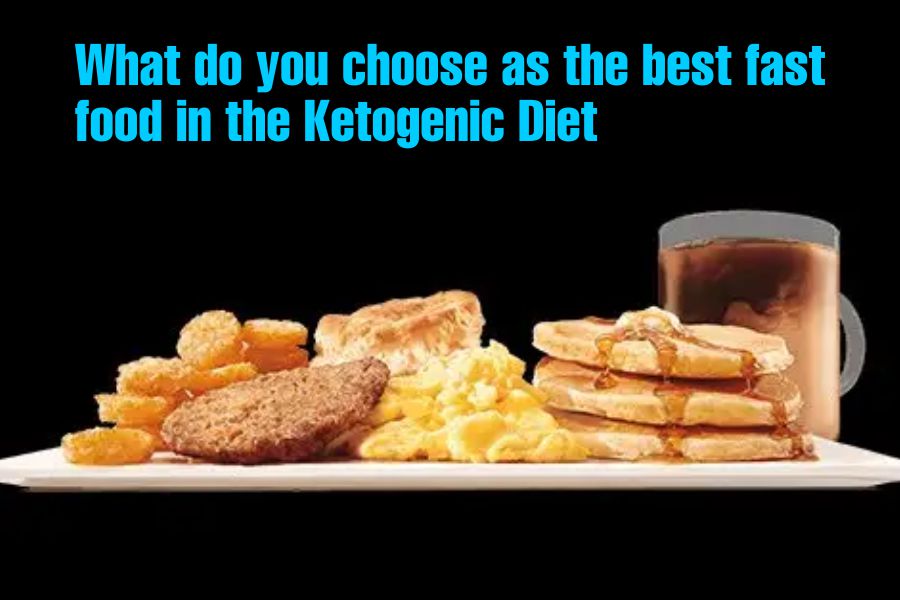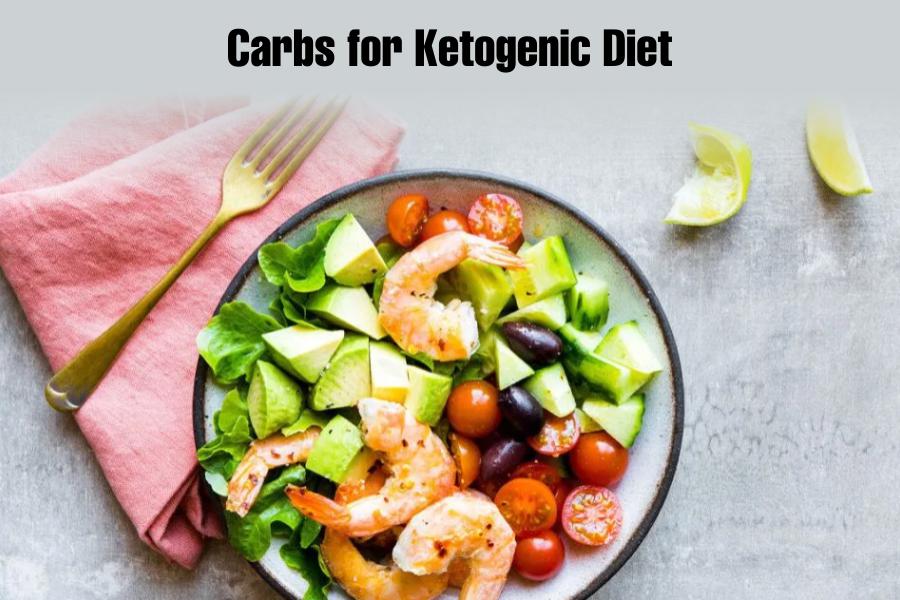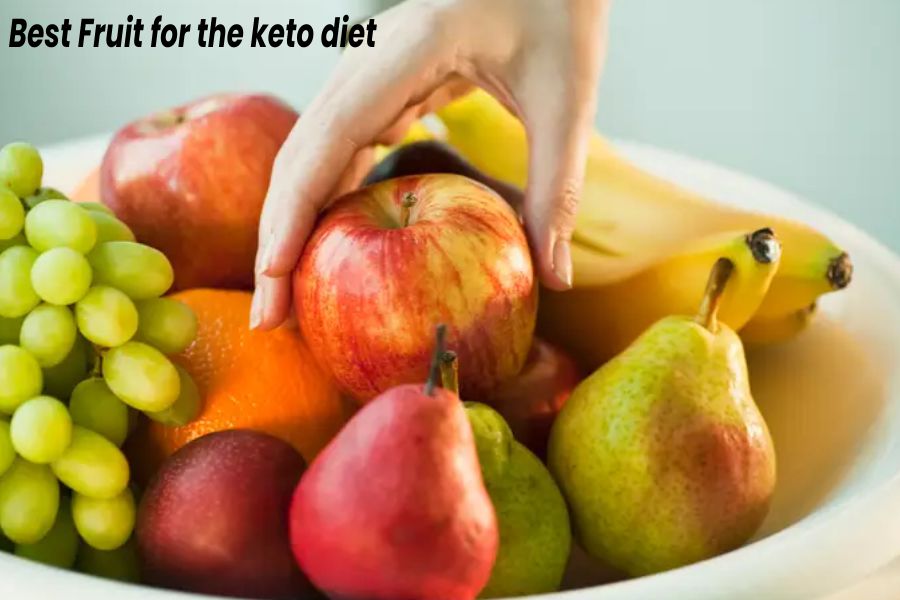
A person always wishes for a healthy and long life. A well-balanced diet provides you with all the nutrients you need and plays a vital role in your health. For this reason, a health-conscious person gives full attention to his diet plan and makes sure to eat healthily and stay fit. There are many nutrition courses, and diet plans are available for people to start a healthy life. The ketogenic diet plan is one of them.
Keto is a high-fat and low-carb diet that aims to provide fast results. By following this diet plan, you may eat as much fat as you want and keep your stomach full, even boosting your physical capabilities. This high-fat diet plan has many additional health benefits related to some chronic diseases.
However, before adopting this diet plan in your daily life, you must find answers to some critical questions. Define the Keto diet; how is it going to affect your body, and is this diet plan right for you?
What is Keto Diet
This diet is a low-carb and high-fat eating plan that was popular for treating some specific medical conditions. Centuries ago, people used the ketogenic diet to lower the growth of diabetes. The keto diet is also effective in cancer, polycystic ovary syndrome, and Alzheimer’s disease. However, this diet plan is now gaining massive popularity as a weight-loss plan.
In Keto diet reduces the carb portion of a person’s diet and replaces it with fat. It will exclude most carbs from your diet that are easy to digest, like sugar, pastries, white bread, and soda. 70% to 80% of the diet contains fat, and other portion includes a moderate amount of protein. This massive reduction in carbs puts your body into ketosis. This increases your body’s efficiency in burning fat and boosts your energy.
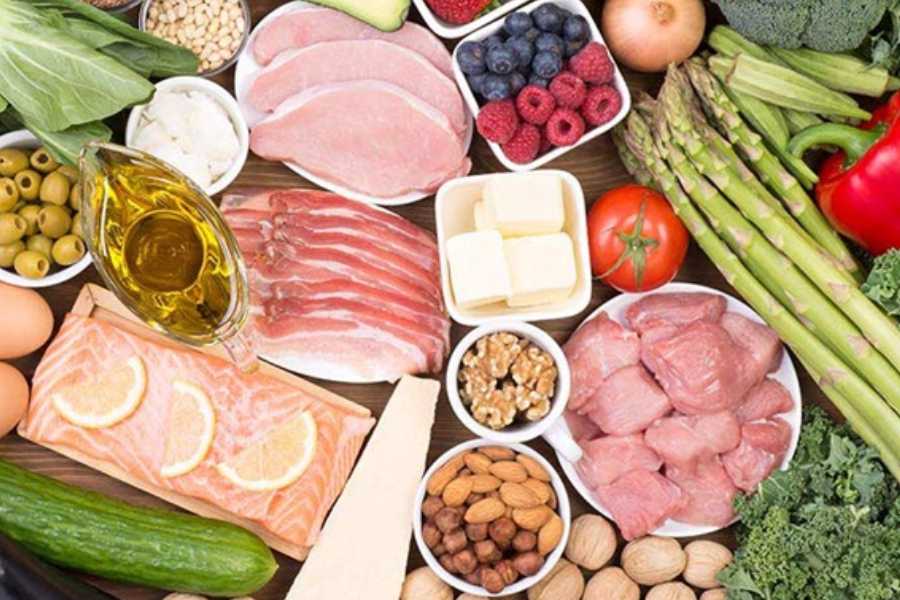
How Keto Diet Works
You reduce carbohydrate intake and increase fat in your diet plan in the Keto diet. In the Keto plan, you keep your carb intake in the range of less than 50gm per day. Now you replace those carbs with 70% to 80% of calories, putting your body into ketosis. Carbohydrate is the source of glucose that provides energy for all cells in the body. The Keto diet reduces the glucose in the body and stores fat. In the absence of fat, the body starts to pull stored glucose from the liver and breaks down muscle to get glucose. If you continue this plan for 4-5 days without taking carbs, the stored glucose will get exhausted. Now the blood level of insulin decreases, and the body starts to use fat as fuel by producing ketone bodies.
Types of Ketogenic diets
There are various kinds of Ketogenic diets, such as :
- Lazy Keto Diet (LKD): Easiest Keto Diet
This is the easiest Keto diet to follow. You only need to count your carbs intake in this Lazy Keto diet. In this dietary plan, minimize your carbs intake below 50gm per day and not go overboard with protein. Only with these miner precautions will you be able to see the result on your body.
- Standard Keto Diet (SKD): Commonly used
This is one of the most common types of the Keto diet. This plan includes low carb, moderate protein, and high fat in your diet. That contains 75% calories from fat, 20% from protein, and only 5% from carbs.
- The targeted ketogenic diet (TKD): Especially for athletes
In this diet plan, you should follow the keto diet as usual until 30 to 45 minutes before exercise. After exercise, you must take around 25gm of carbs. This diet plan aims to take enough carbs for a proper workout and then again go back to the regular Keto diet.
- High-protein Keto Diet: For bodybuilding
This version of Keto is similar to the standard Keto diet but includes more protein. Descriptively It contains around 65% fat, 30% protein, and only 5% carbs.
- The cyclical ketogenic diet (CKD): In and Out of Keto
In this diet plan, you stay on the standard keto diet (high fat intake) for five days and one or two days on a high carbs diet. This routine makes this dietary plan easy to follow.
- Keto 2.0: Low in Fat
It is for those who find regular keto diets hard and full of restrictions. In this plan, fat is decreased, and carbs and protein are increased. So you can eat a wide variety of carb-containing food like beans, whole grains, and vegetables.
Benefits of the Keto Diet
Here are some of the best benefits of the Keto Diet:
- Keto for weight loss
They include foods that reduce hunger-stimulating hormones, which help boost metabolism, reduce appetite, and promote weight loss.
- Keto for Cancer cells
The Keto diet is safe and a perfect treatment for cancer patients along with chemotherapy treatment. This diet plan will cause oxidative stress in cancer cells that kill them and stop their growth.
- Keto for heart health
Taking healthy food while following the Keto plan instead of less healthy fats can improve your heart health. Healthy fat-containing food can help you reduce bad cholesterol.
- Keto for Diabetes
The keto diet can help you lose weight which is linked to type 2 diabetes, prediabetes, and metabolic syndrome. It also improves blood sugar management which indirectly helps cure diabetes and blocks its growth.
- Keto improve Brain Function
There is not enough proof regarding the Keto diet’s effects on brain functionality. However, some studies suggest that the Keto diet can generate some neurological benefits that can strengthen and protect the brain.
Takeaway
A ketogenic diet is a good diet plan for people who want to lose weight. It can also be beneficial for diabetes, metabolic health, etc. The ratio of fat, carbs, and protein included in this diet plan may vary from person to person. You should decide on your keto plan on the basis of your body composition and capability.
So if you are going to follow the keto diet, you must first consult with your doctor. To prepare your diet plan, you should take the help of a dietitian to prevent nutritional deficiencies and other health complications.
You may also like – BENEFITS OF THE KETO DIET
FAQs About Keto Diet
Can I eat carbs in the keto diet?
Yes, though the Keto diet focuses on reducing carb intake and increasing the intake of fat. Cyclical keto and keto 2.0 diets allow you to take some significant amount of carbs in your diet. You may also eat carbs on special occasions; just make sure to return to the diet afterward.
How much protein can I eat?
The number of protein intakes in your diet may vary depending on the keto diet you are following. But approximately, you can add 20% to 30% protein to your diet.
Will I lose muscle?
The risk of losing muscle is one of all dietary plans’ most common side effects. However, you may follow a high protein intake Keto diet to avoid losing muscles. In a high protein diet, protein intake may minimize muscle loss.
Is there any side effect of the Keto diet?
These are some common side effects of Keto diets, such as bad breath. In addition to that, you may also have fatigue, constipation, decreased bone density, and sleep issues.
